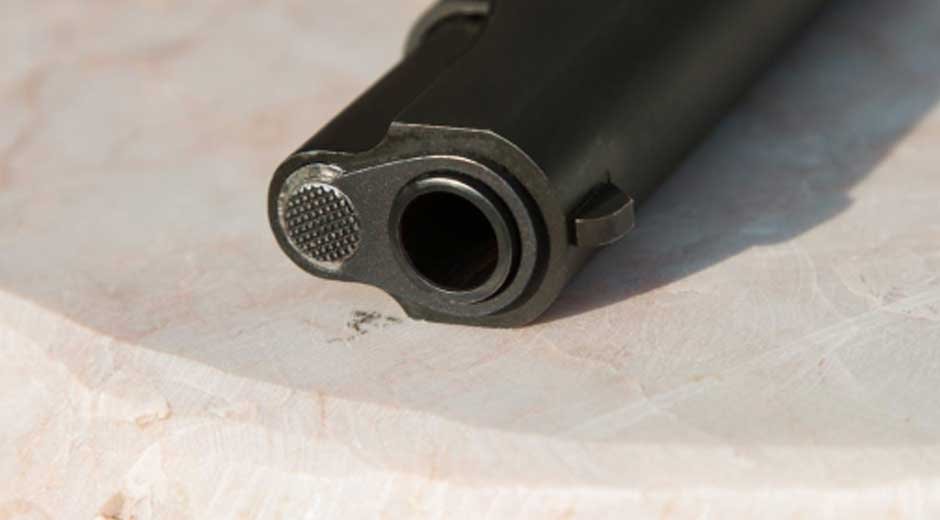Ever wonder if you’d actually know what to do after using your firearm—not just pulling the trigger, but facing the legal aftermath? Carrying isn’t just about defense. It’s about knowing the rules, and how easy it is to break them under pressure. What’s legal in one state might get you arrested in another. In places like New Mexico, where laws reflect both tradition and evolving policy, one wrong assumption can cost you.
In this blog, we will share what it really takes to carry responsibly, the everyday situations that trip people up, and how understanding the law keeps you safer long before anything goes wrong.
Why “Just Knowing How to Shoot” Isn’t Enough
A lot of first-time gun owners treat training like it’s a checklist. Take a class. Hit a paper target. Pass a test. Done. But that barely scratches the surface. Knowing how to handle a firearm is important, yes. But knowing when not to? That’s even more critical.
Think of it like driving. You don’t just learn how to operate the car. You learn traffic rules, speed limits, what to do when someone else drives like a maniac. Carrying a firearm works the same way. It’s not just about skill. It’s about judgment. And you don’t want to be making legal decisions with adrenaline in your bloodstream and half the facts in your head.
That’s why understanding local and state laws is key. Take New Mexico concealed carry laws, for example. You must be at least 21, complete a state-approved training program, and carry only the type of firearm listed on your license. You can’t carry more than one weapon, and if you’re driving, the gun must meet specific transport rules. Visitors can carry too, but only if their license is recognized by the state. There’s no margin for error here. If you’re stopped and don’t meet those rules, you’re not protected by your good intentions.
Knowing the law isn’t about paranoia. It’s about clarity. You don’t want to be in the middle of a tense situation wondering if the weapon in your waistband technically counts as legal. That’s not the time to be unsure.
The Everyday Situations That Can Get You in Trouble
You don’t need to be in a life-or-death situation to make a legal mistake. Sometimes, the riskiest moments are the ones that feel routine. Like stepping into a school parking lot while carrying. Or forgetting you’re armed when walking into a government building. Even accidentally exposing your firearm in a state that doesn’t allow open carry can turn into a legal mess.
Then there’s the “brandishing” issue. Pulling your firearm to warn someone—even without firing—can be considered a crime in many places unless you’re clearly under threat. And yelling at someone during a road rage incident while resting your hand on your gun? That can be enough to get charged, even if you never draw it.
Self-defense laws vary wildly from state to state. Some follow “stand your ground.” Others expect you to retreat if possible. If you don’t know which applies where you are, you could find yourself facing charges even if you thought you were doing the right thing.
It’s not always about bad intentions. It’s about bad assumptions. Carrying a firearm means thinking five steps ahead, even when your heart’s racing and your brain is working on instinct.
How the World Has Changed What It Means to Carry
Ten years ago, concealed carry was mostly a quiet issue. People carried for personal protection, not politics. Today, it’s different. Carrying in public can spark debate, turn heads, or even draw unwanted attention. In some cities, you might be the only armed person in the room. In others, everyone might be packing. And social media hasn’t helped. One wrong move caught on video can go viral—and land you in court before you get home.
The rise in mass shootings, protests, and public tension has changed how people view firearms. That means law enforcement is watching more closely. And so are bystanders. If you ever have to draw, even legally, expect phones to come out and opinions to fly. In that kind of environment, every move you make matters.
This isn’t meant to scare you. It’s a reminder that the culture around firearms is constantly shifting. And what used to be “normal” can now get you questioned, detained, or worse. The people who stay out of trouble are the ones who stay updated and keep their ego in check.
What Smart Carriers Actually Do
Responsible carriers don’t just carry. They study. They talk to local instructors. They attend refreshers. They know what their license allows and what it doesn’t. They keep their gear in top condition, but they also check news updates about changes in carry zones or state reciprocity agreements.
They also think about the aftermath. If they ever had to use their weapon, what would they say? What would they do in the minutes after? Who would they call? What story would the security cameras tell?
Smart carriers plan ahead. They don’t just think about stopping the threat. They think about what comes next. And they act like every moment matters—because it does.
If that sounds like a lot, that’s because it is. Carrying is a right, yes. But it’s also a responsibility. And the people who carry well are the ones who never treat it lightly.
You Can Carry With Confidence—But Not Carelessness
Being armed doesn’t make you dangerous. But being careless can. And ignorance of the law is never a defense, no matter how honest your mistake. The truth is, most people who get into legal trouble while carrying aren’t bad actors. They’re just people who didn’t take the time to learn the rules—or assumed the rules were the same everywhere.
Carrying legally means knowing more than just how to shoot. It means understanding what your state expects of you, what the public might assume about you, and what could happen in those few seconds when everything changes.
You don’t have to be a lawyer. But you do have to pay attention. If you’re going to carry, carry smart. Carry trained. And carry informed.
Your freedom, your safety, and your peace of mind depend on it.






